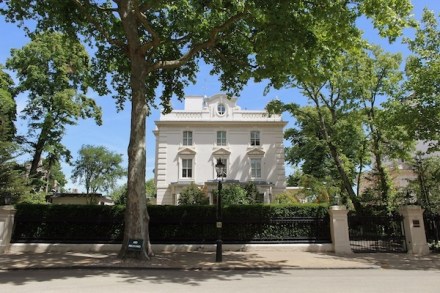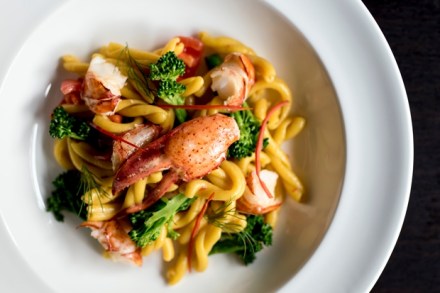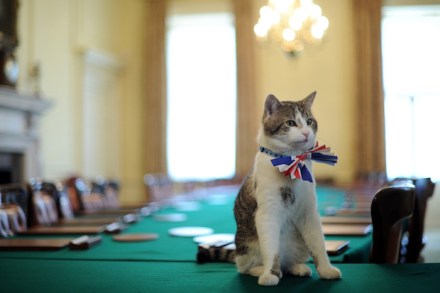Real life | 2 February 2017
As if by magic, a sign that I am doing the right thing by moving out of London arrived in the post. And not a moment too soon, for with all the to-ing and fro-ing over arcane anomalies in the floorplan of my flat I had become so heartily sick of the conveyancing process I was almost ready to jack the whole move in. Two identical, suspiciously thin and official-looking A5 sized envelopes arrived at the same time. This is either the Inland Revenue telling me I am going to jail for believing that half-asleep guy at their call centre who told me I shouldn’t worry too much about my

















